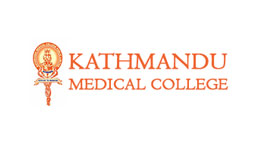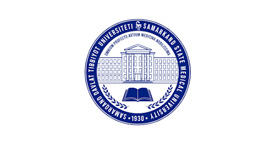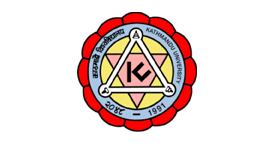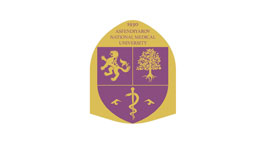Kathmandu Medical College (KMC) is a renowned medical institution located in Kathmandu, Nepal.
Establishment: Kathmandu Medical College was established in 1997 with the aim of providing high-quality medical education and healthcare services in Nepal. It was founded by the Kathmandu Medical College Pvt. Ltd., a private company registered with the Government of Nepal.
Location: Kathmandu Medical College is situated in Sinamangal, Kathmandu, the capital city of Nepal. Kathmandu is a vibrant urban center with a rich cultural heritage and serves as the political, economic, and cultural hub of Nepal.
Education Quality: Kathmandu Medical College is known for providing high-quality medical education that meets international standards. The college offers undergraduate and postgraduate medical programs, including Bachelor of Medicine and Bachelor of Surgery (MBBS), as well as various specialty and subspecialty programs.
The curriculum at KMC is designed to provide students with a solid foundation in medical theory and practical skills. The college emphasizes hands-on clinical training, research opportunities, and professional development to ensure that students are well-prepared for their future careers in healthcare.
Infrastructure: Kathmandu Medical College boasts modern infrastructure and state-of-the-art facilities to support teaching, research, and clinical training. The college campus includes lecture halls, laboratories, libraries, computer centers, and simulation centers equipped with the latest medical technologies and equipment.
In addition to academic facilities, Kathmandu Medical College provides student accommodation, sports facilities, recreational areas, and student support services to create a conducive learning environment and promote holistic development.
Overall, Kathmandu Medical College stands as a respected institution in Nepal, offering high-quality medical education and training to aspiring healthcare professionals while contributing to the advancement of medical science and healthcare in the country.
Internationally Recognized Degree
- The Ministry of Education and Science of the Russian Federation
- World Health Organization (WHO)
- Medical Council of India (MCI)
- Educational Commission for Foreign Medical Graduates (ECFMG)
Choosing Kathmandu Medical College (KMC) in Nepal can be an excellent decision for several reasons:
- Quality Education:
KMC is known for providing high-quality medical education that meets international standards. The curriculum is comprehensive and designed to equip students with the knowledge, skills, and clinical experience necessary to excel in their medical careers. - Experienced Faculty:
The college boasts a faculty of experienced and dedicated professionals who are experts in their respective fields. They provide mentorship, guidance, and support to students throughout their academic journey, ensuring a rich learning experience. - Clinical Exposure:
KMC offers ample opportunities for clinical exposure and hands-on experience in real-world medical settings. The college has affiliations with reputable hospitals and healthcare institutions where students can gain practical experience under the supervision of experienced medical professionals. - Research Opportunities:
KMC encourages and supports research activities among its students and faculty. Students have the opportunity to engage in research projects, present their findings at conferences, and contribute to the advancement of medical science. - Infrastructure:
KMC boasts modern infrastructure and state-of-the-art facilities to support teaching, research, and clinical training. The college campus includes lecture halls, laboratories, libraries, and simulation centers equipped with the latest medical technologies and equipment. - Affordability:
Compared to medical schools in some other countries, studying at KMC can be more affordable, making it an attractive option for international students seeking quality medical education at a reasonable cost. - Cultural Experience:
Nepal is known for its rich cultural heritage and breathtaking natural beauty. Studying at KMC allows students to immerse themselves in the vibrant culture of Nepal and explore its diverse landscapes during their free time. - Global Recognition:
While KMC is located in Nepal, its programs are recognized internationally. Graduates of KMC are eligible to practice medicine in various countries around the world, opening up opportunities for global careers in healthcare.
Overall, choosing Kathmandu Medical College offers students a high-quality medical education, ample clinical exposure, research opportunities, and a unique cultural experience in a vibrant and dynamic setting.
- History: Kathmandu has a rich history dating back thousands of years. It served as the capital of the ancient Kathmandu Valley kingdoms and was an important center of trade, culture, and religion along the ancient trade routes between India and Tibet. The city is known for its historic landmarks, including the UNESCO World Heritage Sites such as Durbar Square, Swayambhunath Stupa, and Pashupatinath Temple.
- Location: Kathmandu is located in the Kathmandu Valley in central Nepal. It is surrounded by the Himalayas to the north and the Shivapuri and Nagarjun hills to the northwest. The city's strategic location has made it a cultural, political, and economic center for centuries.
- Population: As of the latest estimates, Kathmandu has a population of over 1.5 million people, making it the largest city in Nepal. The population is diverse, consisting of various ethnic groups and communities, including Newars, Brahmins, Chhetris, and Tamangs.
- Education Systems and Universities: Kathmandu is home to several educational institutions and universities, including Tribhuvan University, Nepal's oldest and largest university. Other notable universities in the city include Kathmandu University, Purbanchal University, and Nepal Sanskrit University. These institutions offer a wide range of academic programs and attract students from across Nepal and beyond.
- Climate: Kathmandu experiences a subtropical highland climate with four distinct seasons. Summers (June to August) are warm and humid, with temperatures ranging from 20°C to 30°C (68°F to 86°F). Winters (December to February) are cold and dry, with temperatures dropping to around 5°C to 15°C (41°F to 59°F). The monsoon season (June to September) brings heavy rainfall to the city.
- Infrastructure: Kathmandu has seen significant development in infrastructure in recent years. The city is well-connected by road, with a network of highways linking it to other parts of Nepal and neighboring countries. Public transportation in Kathmandu includes buses, micro-buses, and taxis. The city also has an international airport, Tribhuvan International Airport, which serves as Nepal's main air gateway.
- Healthcare System: Kathmandu is home to several hospitals, clinics, and healthcare facilities that provide a wide range of medical services to residents and visitors. Some of the prominent hospitals in the city include Tribhuvan University Teaching Hospital, Bir Hospital, and Patan Hospital. The healthcare system in Kathmandu is continuously improving, with efforts to expand access to healthcare services and improve the quality of care.
Overall, Kathmandu is a dynamic and culturally rich city with a fascinating history, diverse population, thriving education system, pleasant climate, developing infrastructure, and improving healthcare system, making it an attractive destination for residents, tourists, and students alike.









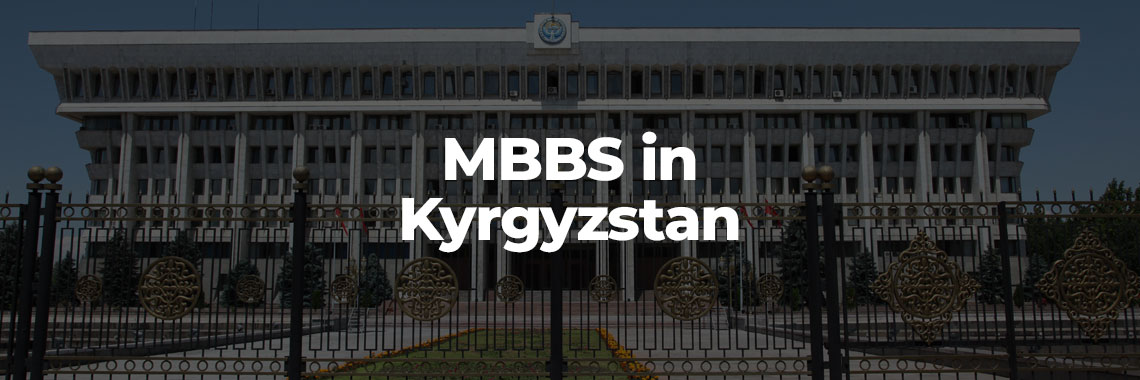

Frequently Asked Questions
The best MBBS consultant in India is one with a strong track record of helping students secure medical admissions abroad with transparency, expert guidance, and complete support from start to finish, just like VidyaEdify.
An MBBS consultant helps students throughout the entire admission process by providing expert career counselling, selecting the right medical colleges, and guiding them at every stage.
Yes, Vidya Edify is a trusted MBBS consultancy in India. They have experience guiding students for MBBS in Russia and other countries, with all processes conducted with transparency.
Yes, an MBBS in Russia is valid in India if the university is NMC-approved and students clear the FMGE/NExT exam.
Vidya Edify is an all-in-one consultant where you are provided with multiple benefits, from bestowing guidance, genuine university partnerships, to comprehensive student support before and after admission.
The total cost of MBBS in Russia usually ranges from ₹18–30 lakhs, including tuition and living expenses.
Yes, the NEET qualification is mandatory for Indian students looking for admission to the MBBS degree program in Russia.
Yes, Russian medical universities provide safe campuses, hostel facilities, and better student support systems.
The course duration of MMBS in Russia in English is 5 years and 8 months, and can be extended to 6 years.
The starting salaries for recently completed MBBS degrees in Russia are around INR 60,000 – 80,000.
The admission process is as follows:
Select a university, complete the admission form, and submit it with allrequired documents. Thereafter, receive the admission/acceptance letter from the university. Apply for the student visa, clear the required balance with the university, and complete the formalities after reaching your university.


